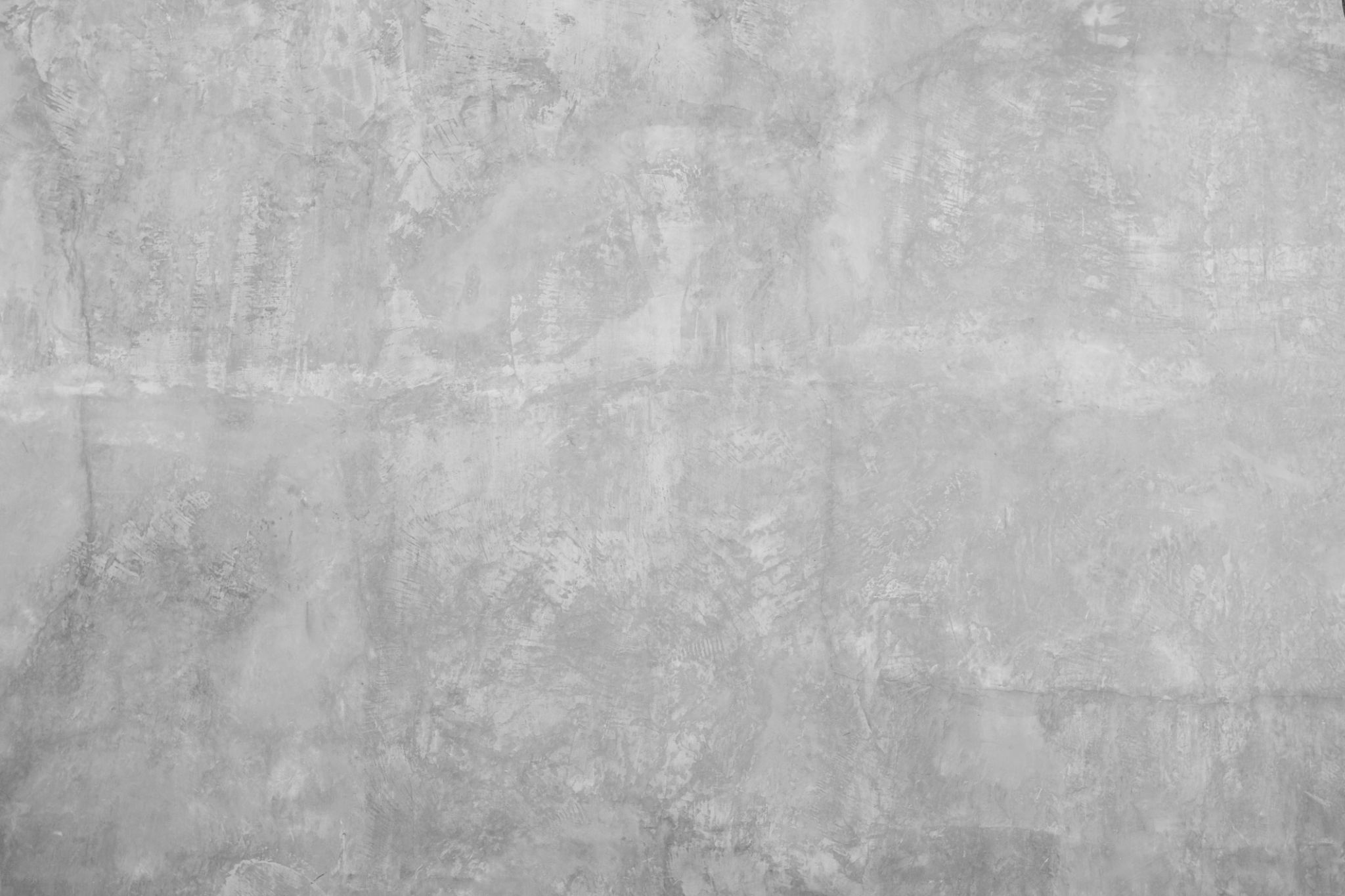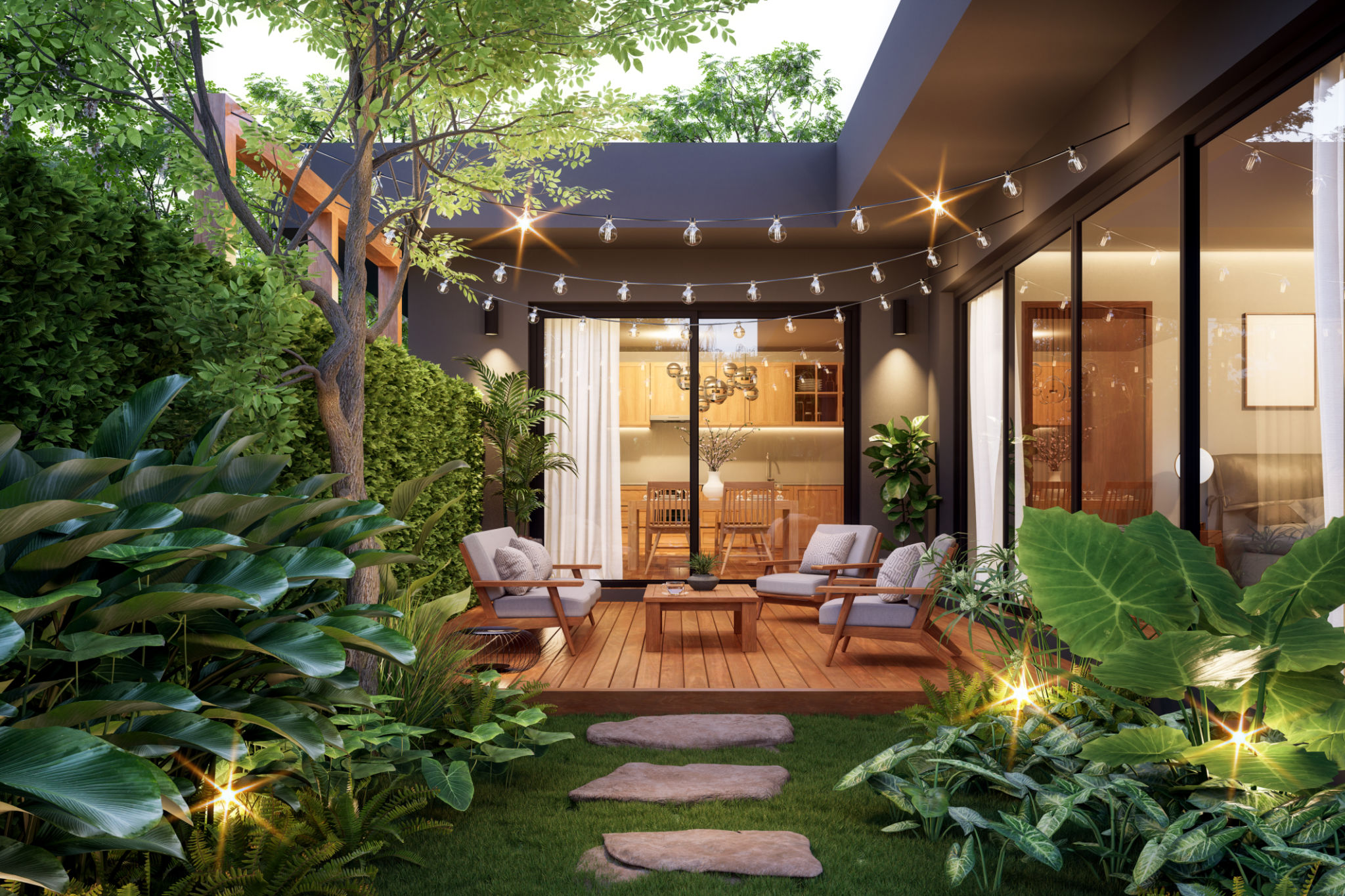Top 5 Benefits of Architectural Concreting for Modern Homes
Durability and Longevity
One of the primary benefits of architectural concreting is its durability and longevity. Concrete is known for its ability to withstand harsh weather conditions and wear over time, making it an ideal choice for modern homes. This robust material can endure heavy usage and resist natural elements such as moisture, wind, and heat, ensuring that structures remain intact for decades.
The inherent strength of concrete makes it less susceptible to common issues like rotting, rust, and decay compared to other building materials. This translates into fewer repairs and maintenance, saving homeowners both time and money in the long run.

Design Flexibility
Architectural concreting offers unparalleled design flexibility, allowing architects and homeowners to create visually stunning and unique structures. Concrete can be molded into almost any shape, providing endless possibilities for creative expression. From sleek, minimalist lines to intricate patterns and textures, concrete accommodates a wide range of design preferences.
Furthermore, concrete can be stained or colored to match the aesthetic vision of any project. This versatility enables the seamless integration of architectural features that enhance the overall appeal of modern homes.

Energy Efficiency
Another significant advantage of architectural concreting is its contribution to energy efficiency. Concrete has excellent thermal mass properties, allowing it to absorb and store heat during the day and release it slowly at night. This natural regulation of temperature helps maintain a comfortable indoor climate while reducing reliance on heating and cooling systems.
By minimizing energy consumption, homeowners can enjoy lower utility bills and reduce their carbon footprint, making concrete a sustainable choice for environmentally-conscious individuals.

Cost-Effectiveness
While the initial investment in architectural concreting may be higher than some other building materials, its long-term cost-effectiveness makes it a smart choice for modern homes. The durability of concrete reduces the need for frequent repairs and maintenance, translating to significant savings over time.
Additionally, the energy efficiency benefits of concrete can lead to further cost reductions in utility expenses. By choosing concrete, homeowners can achieve both aesthetic appeal and financial prudence.
Increased Property Value
Investing in architectural concreting can significantly increase the value of a property. Modern homes with well-designed concrete structures are attractive to potential buyers due to their durability, low maintenance needs, and aesthetic versatility.
The use of concrete can also enhance curb appeal, giving homes a distinctive look that stands out in the real estate market. As a result, homeowners can expect a higher return on investment when it comes time to sell their property.

In conclusion, architectural concreting offers numerous benefits for modern homes, from durability and design flexibility to energy efficiency and increased property value. By incorporating concrete into their building plans, homeowners can enjoy a blend of strength, style, and sustainability that meets the demands of contemporary living.